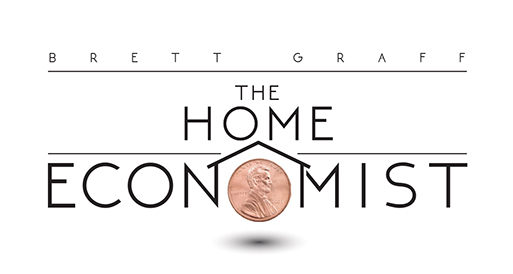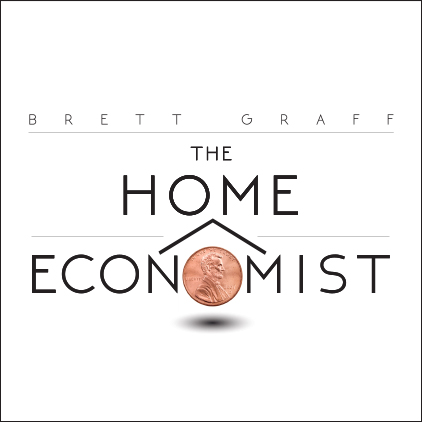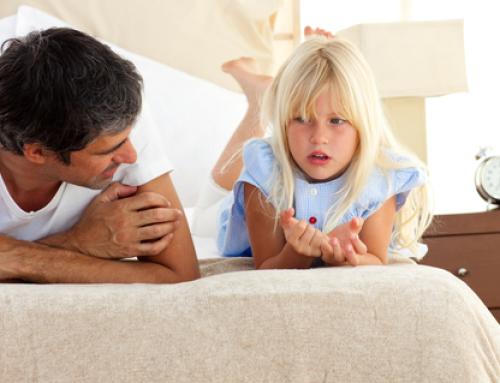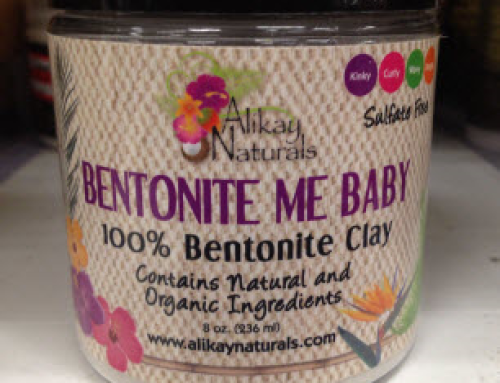Sometimes the sneakiest marketing is on a product’s package, playing right into your earth-friendly focus when really, the words are distractions costing you more but helping much less. Here are the occasions when higher-priced products may be greener only when it comes to the money-making strategies of the companies selling them.
Biodegradable. Why wouldn’t you buy biodegradable trash bags? Because in order for something to “degrade” it needs oxygen. But all of our garbage is sent to landfills, which are sealed off to protect the air and the water supplies. No oxygen is getting into a landfill and without it, nothing is degrading. Ever.
Compostable: This label means something only if you have a compost, which is a vat of trimmings from fruits, vegetables and other products that we’d be accumulating to enrich soil. If contributing to a community compost, you have to ask what’s permitted. If you don’t have a compost, then the stamp helps no one.
Non-GMO: Genetically modified crops have been manipulated by scientists. who alter the genes so the plants can better resist disease air tolerate pesticides. There are only eight crops in the United States with a GMO version: soybeans, corn, papaya, canola, cotton, alfalfa, sugar beats and summer squash. That means most of the products you’d buy are non-GMO anyway. For example, if you’re buying “black beans” with a non-GMO stamp, know that the cheaper, store brand is ALSO not made with GMO ingredients. It’s more difficult to package black beans with papaya or corn than it is to package them plain. Make sure when you’re not paying more for a non-GMO product that doesn’t even have a GMO version anyway.
Sustainable fish: There are no federal regulations that make fish or shellfish “sustainable.” There are no tests for toxicity. There are no standards to follow. You’ll have to trust the corporation selling it to you.
Bamboo Fabric: Bamboo is famous for its amazing ability to grow quickly without pesticides.
This is a miracle for those of us demanding pesticide-free flooring or furniture. But when you turn bamboo into fabric you do not create a clean and natural textile as many companies will claim. You create rayon. Regular, synthetic rayon. The process actually releases pollutants into the air. And even when bamboo is the plant source of your rayon clothing or sheets, absolutely non of the original properties are left behind.
This article is adapted from the book:
Not Buying It: Stop Overspending and Start Raising Happier, Healthier, More Successful Kids













Leave A Comment